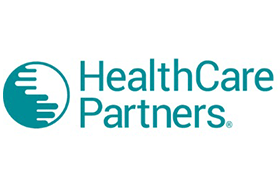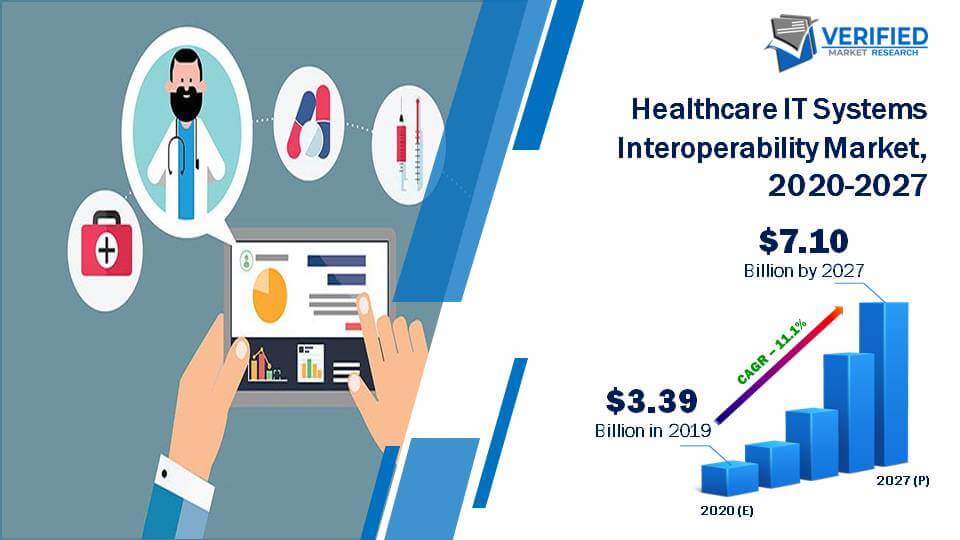Information governance provides a tool for effective and efficient. Information governance serves the dual purpose of optimizing the ability to extract clinical and business value from healthcare information while meeting compliance needs and mitigating risk.
 The Health Information Governance Framework
The Health Information Governance Framework
This is a fundamental expectation from patients providers and other stakeholders such as regulatory agencies.

Information governance in healthcare. Every Healthcare organisation recognises that Information Governance is a business imperative. IG in healthcare allows organizations. Poor information governance can quickly create severe problems.
American Health Information Management Association AHIMA defines Information Governance IG as. Its a structure that holds boards and leaders accountable for continuously improving operations clinical staff and processes society and financial performance. Click here to read a letter from Welsh Government on the request for processing of confidential patient information for COVID-19 purposes.
In healthcare integrity of information means that an organization has the ability to prove that information is authentic timely accurate and complete. In the healthcare industry health information management professionals are often responsible for developing and overseeing data governance principles that improve the consistency reliability and usability of data assets while optimizing EHR interfaces to eliminate unnecessary or duplicate steps for end-users and eradicate problematic workarounds. Data and information support nearly every activity within a health care organization.
Data governance helps because healthcare organizations unlock the value of their data so they can use their data to make impactful decisions. Data governance is important for a healthcare organization because these organizations deal with large volumes of sensitive data are faced with numerous complex regulations and are typically rather siloed in operation. Governance is a framework that accounts for all the processes of governing organizations and businesses.
An organization-wide framework for managing information throughout its lifecycle and for supporting the organizations strategy operations regulatory legal risk and environmental requirements. It promotes the use of trusted information that is essential for patient engagement and treatment. Information Governance in Healthcare establishes the centralised policies procedures and accountabilities for managing the lifecycle of patient information.
A comprehensive information governance program can jumpstart progress for healthcare organizations by creating visibility into existing assets gaps in quality or reliability and opportunities to leverage innovative data sources for business intelligence population health management and risk-based reimbursements. In the context of healthcare governance polarity refers to a pair of values that we tend to see in adversarial terms this VERSUS that but are in fact interdependent and mutually valuable. Health care Information Governance IG is a key factor in big data analytics as managing the volume of big data needs a coordinated plan.
Information Governance for Healthcare October 16 2018 IGW Staff No Comments Given the complexity of the healthcare industry IG is emerging as a useful tool for securing patients electronic health records EHR and controlling who and what accesses these records. AHIMAs newly introduced Information Governance Principles for Healthcare IGPHC provides a framework for healthcare organizations to conduct their operations effectively while ensuring compliance with legal requirements and other duties and responsibilities. What Exactly is Information Governance.
Information governance IG in health care is defined as the structures policies and relevant procedures initiated and adhered to by hospitals health care providers and medical insurance companies to collect organize utilize and secure data. Information governance IG is used to describe how organisations ensure that statutory and regulatory information management requirements are met and how information is controlled protected and utilised to benefit both employees and customers. Information Governance is the solution.
For example in improvement work strive for quality AND. This principle recognizes that an information governance program should include. Information governance is about how we manage and share information appropriately.
The healthcare in different countries faces challenges in enhancing the quality of services and reducing the costs. The Role of Governance in Healthcare Organizations. Adopting an information governance program shows a healthcare organizations commitment to managing its information as a valued strategic asset.
Data governance in healthcare also called information governance is defined by AHIMA as an organization-wide framework for managing health information throughout its lifecyclefrom the moment a patients information is first entered in the system until well after they are discharged.







